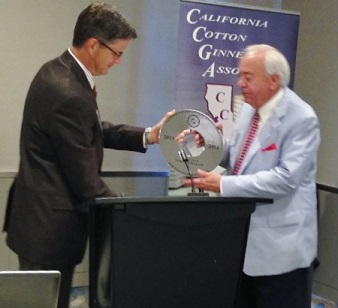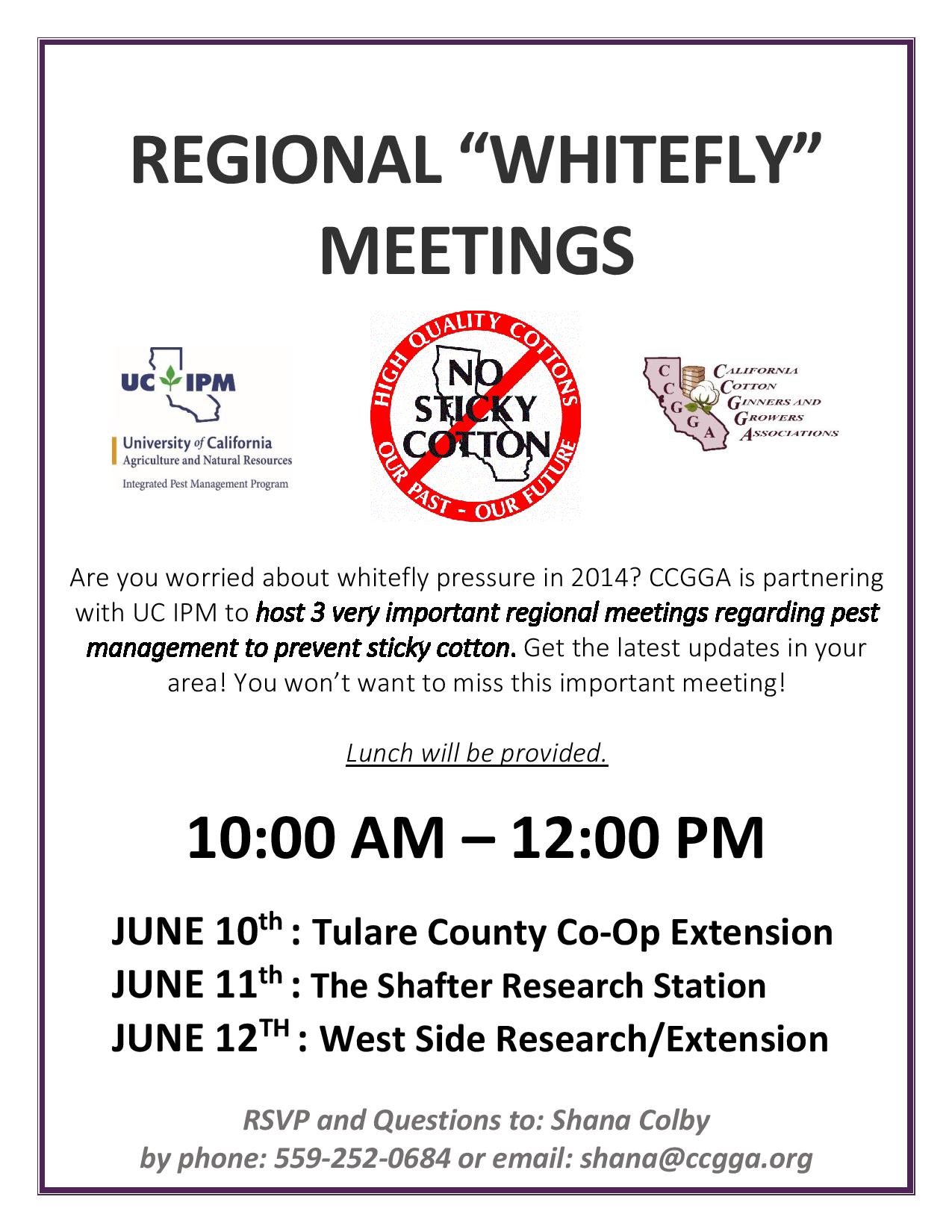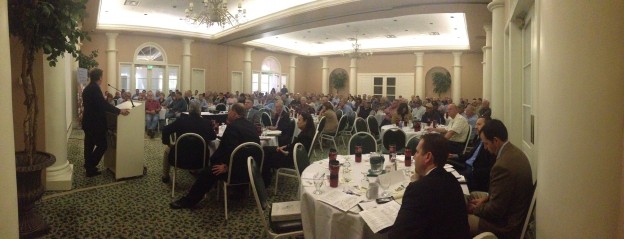
The foreman starts his workday at least 1 hour before (5:30 a.m.) the general laborers (6:30 a.m.) because he has to transport people.
He then takes his lunch with the general laborers (11:00 a.m.) and is not allowed to leave. Is this legal?
No. Generally, California law provides that every employer shall authorize and permit all employees to take a thirty (30)-minute meal period after no more than five (5) hours of work.
If the employee is not relieved of all duties during the thirty (30)-minute meal period, the meal period shall be considered an “on duty” meal period and counted as time worked.
The “on-duty”meal period is permissible only when (1) the nature of the work prevents the employee from being relieved of all duty; (2) the employee and the employer agree in writing to an on-the-job meal period; (3) the written agreement states that the employee may revoke in writing at any time; and (4) the employee is paid for the meal period.
Moreover, the employee must still be provided with the opportunity to eat the meal. The parties may not agree to on-duty meal period because it is desired or helpful.
In the example above, the employer is in violation of the law for several reasons. First, if the foreman starts work at 5:30 a.m., he must be provided with a meal period no later than 10:30 a.m. Second, the foreman is not relieved of all his duties because he is not allowed to leave the employer’s premises. Therefore, his meal period is considered an “on-duty” meal period. The employer may lawfully provide an “on-duty” meal period if it can satisfy “the nature of the work” exception along with the other requirements.
California courts have not defined what constitutes “the nature of the work” exception. However, the Department of Labor Standards Enforcement (“DLSE”) issued several opinion letters addressing when the exception may apply. (Note: DLSE opinion letters are not binding on California courts, but may serve as persuasive material).
DLSE letters make clear that the showing necessary to establish “the nature of the work” exception is high. Whether the exception applies must be made on a case by case and day by day basis.DLSE provides a list of non-exhaustive factors that should be considered in deciding whether the exception applies:
- The type of work;
- The availability of other employees to provide relief during the meal period;
- The potential consequences to the employer if the employee is relieved of all duty;
- The ability of the employer to anticipate and mitigate these consequences such as by scheduling the work in a manner to allow the employee to take an off-duty meal period;
- Whether the work product or process will be destroyed or damaged by relieving the employee of all duty.
According to DLSE, some examples that fit this exception are a sole worker in an all-night convenience store, a sole security guard stationed in a remote location or a position requiring continuous operation of machinery, which requires monitoring. However, DLSE declined to apply the “nature of work” exception to late-night shift managers at fast-food restaurants because other employees are on duty and could cover for the manager with no economic hardship for the employer.
In the above example, the foreman is not allowed to leave the employer’s premises presumably because he is needed to supervise or to address any issues. Nonetheless, the foreman will not meet the “nature of the work” exception because other crew members are present at the same time and can be trained to provide the necessary relief. It is also unlikely that the employer will suffer any economic harm if the foreman takes an off-duty meal period. Therefore, the employer above is in violation of the law because the foreman does not meet “the nature of the work” exception.
Counsel to Management: DLSE sets an impossible standard for “the nature of the work” exception. Most of the employees will be unable to meet the exception. Therefore, if possible, the employers should not provide “on-duty” meal periods. If you have any questions regarding on-duty meal periods, please contact The Saqui Law Group.
|
Did you know?
|
| It is illegal for an employer to fire or discriminate against anyone who complains about a violation of the wage and hour laws or reports a violation to the Labor Commissioner.Source: www.las-elc.org |
|
Contact Info
|
1420 Rocky Ridge Dr. #260
Roseville, CA 95661
Tel: (916) 782-8555
Fax: (916) 782-8565 |






